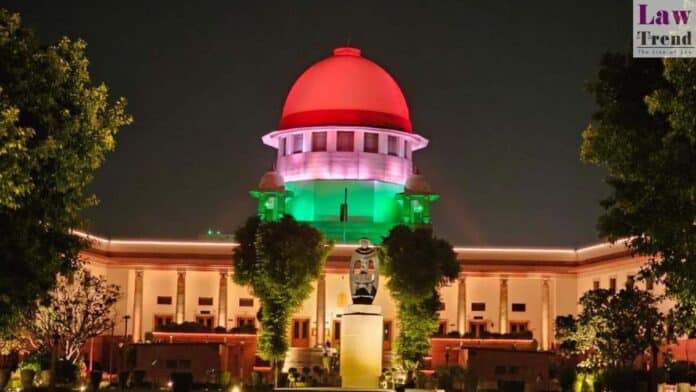The Supreme Court on Wednesday deferred the bail plea of advocate Surendra Gadling, an accused in the Elgar Parishad–Maoist links case, to September 17 after Additional Solicitor General (ASG) S.V. Raju sought more time to respond.
A bench of Justices J.K. Maheshwari and K. Vinod Chandran passed the order despite opposition from senior advocate Anand Grover, appearing for Gadling, who argued that the plea had been pending since 2023. Grover highlighted that Gadling has already spent over six years in prison without charges being framed, and that the bail plea had been adjourned 11 times in the Supreme Court.
The case was originally listed before a bench of Justices M.M. Sundresh and N. Kotiswar Singh, but Justice Sundresh recused himself, following which Chief Justice B.R. Gavai posted the matter for September 4. Grover had earlier mentioned the matter before the CJI on August 8, seeking an urgent hearing citing Gadling’s prolonged incarceration.
On March 27, the apex court had also deferred hearings in related matters, including bail pleas of activist Jyoti Jagtap and Gadling, as well as the NIA’s appeal against bail granted by the Bombay High Court to activist Mahesh Raut. Raut’s bail order was stayed after the NIA challenged it before the Supreme Court.
According to the prosecution, Gadling allegedly provided secret information, maps of sensitive areas, and logistical support to Maoists. He is accused of conspiring with absconding co-accused, urging Maoists to oppose the operation of Surjagarh mines, and mobilising locals to join the movement.
He has been booked under provisions of the Unlawful Activities (Prevention) Act (UAPA) and the Indian Penal Code (IPC).
The Elgar Parishad case stems from a conclave held at Shaniwarwada, Pune, on December 31, 2017, where allegedly provocative speeches and performances were delivered. Authorities claim these triggered violence on January 1, 2018, near the Koregaon-Bhima war memorial.
The Bombay High Court had earlier rejected bail pleas of accused including Jyoti Jagtap, observing that as an active member of Kabir Kala Manch (KKM), she had raised “highly provocative” slogans during the conclave. The NIA contends that the KKM functions as a front organisation of the CPI (Maoist).
The case continues to witness prolonged litigation, with multiple accused awaiting trial while remaining in custody for years.




